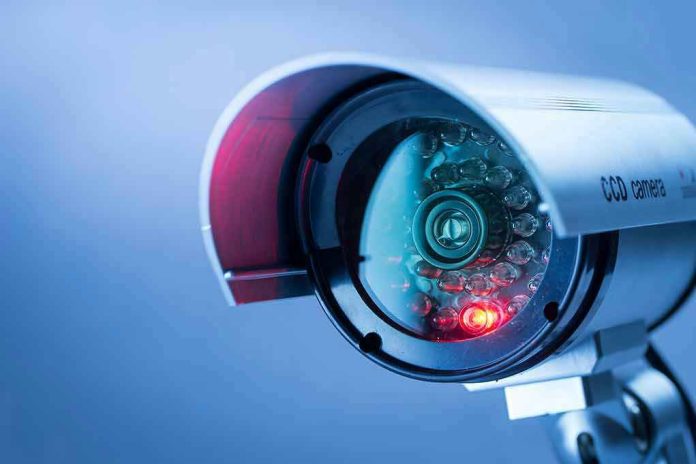
A shocking legal outcome has conservatives questioning privacy protections on cruise ships after a man who secretly recorded over 150 passengers, including minors, was released with minimal penalties.
Story Summary
- Over 150 cruise passengers were secretly filmed in various states of undress by a former cybersecurity officer using a hidden camera.
- The perpetrator received a lenient sentence, serving less than a year and paying a $25 fine.
- The incident raises concerns about privacy rights and the adequacy of legal responses.
- Cruise industry’s privacy measures and accountability are under scrutiny.
Privacy Breach on the High Seas
In a disturbing breach of privacy, Jeremy Jonathan Froias, a former cybersecurity officer, was discovered to have installed a hidden Wi-Fi camera in a public bathroom aboard Royal Caribbean’s *Harmony of the Seas*. The camera captured over 150 individuals, including at least 40 minors, in various states of undress. The incident, which took place during a cruise from Miami to the Caribbean in April 2023, has sparked widespread outrage among passengers and privacy advocates alike.
This egregious invasion of privacy has prompted debates about the adequacy of current cruise ship surveillance measures and the legal frameworks that govern them. Despite the gravity of the crime, Froias was released after serving less than a year in a low-security institution and paying a mere $25 fine, a sentence many consider absurdly lenient given the scale and impact of his actions.
Implications for Passenger Trust and Industry Standards
The incident has highlighted significant gaps in passenger privacy protections on cruise ships. The use of sophisticated technology by Froias, combined with his background in cybersecurity, underscores vulnerabilities in cruise ship security protocols. Many argue that the ease with which such devices can be installed calls for urgent reforms in surveillance and monitoring practices aboard ships.
This case has also underscored the inadequacy of legal consequences for privacy violations at sea. The lenient sentencing has incited calls for stricter enforcement of federal guidelines, especially in cases involving minors. Legal experts and victim advocates have criticized the lack of victim restitution and the absence of a strong public statement from authorities, which they say further erodes public trust.
Broader Impacts and Industry Reforms
The fallout from this controversy extends beyond the immediate victims. The cruise industry faces heightened scrutiny as passengers question the safety and privacy measures in place. This incident serves as a cautionary tale, emphasizing the need for transparency, accountability, and stringent privacy policies. Potential regulatory changes could include improved surveillance technologies, better staff training, and clearer guidelines for responding to privacy breaches.
Cruise lines must also contend with the economic ramifications of such incidents, which can lead to lawsuits, increased insurance costs, and a decline in bookings. As public anxiety about digital privacy grows, the cruise industry is under pressure to demonstrate their commitment to passenger safety and privacy, or risk losing consumer confidence.





